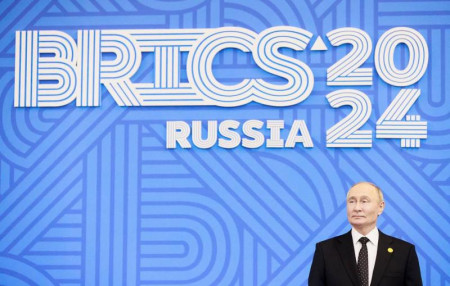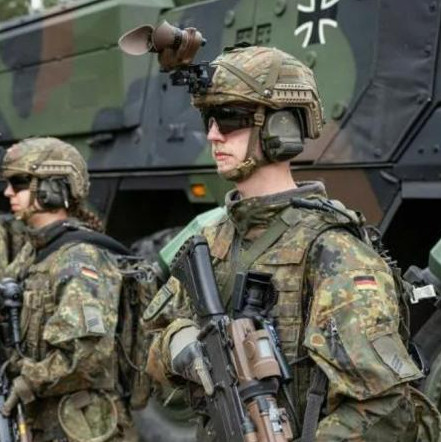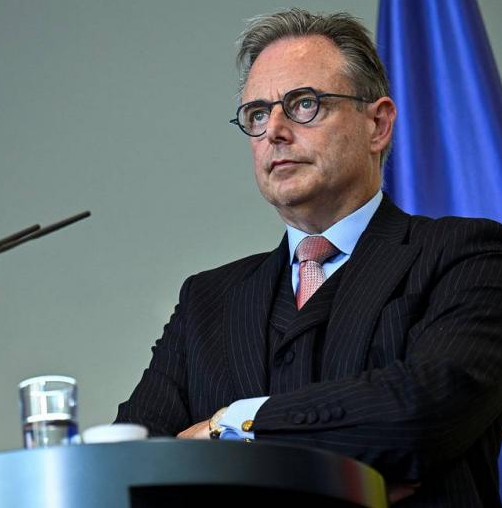
Global economic challenges have dominated the program of the 16th BRICS summit in Kazan.
Russian President Vladimir Putin opened the entire session with a speech to describe the environment of global economy: "As we pointed out during our restricted-format meeting, global trade and the global economy in general are undergoing substantial changes. On the positive side, the canter of business activity is gradually shifting towards developing markets. A multipolar model is evolving, engendering a new wave of growth, primarily in the Global South and East countries, as well as in BRICS countries, of course.
"The share of BRICS countries in terms of purchasing power parity (PPP) will reach 36.7 percent in 2024, which is larger than the share of the G7 countries, which was 30 percent in 2023 and will only grow slightly in 2024.
"It appears that a trend to retain BRICS’ leading positions in the global economy will be consolidated, primarily due to such objective factors as population growth, the accumulation of capital, urbanization and greater labor productivity, bolstered by technological innovations."
Also, Mr. Putin pointed to the need for partnership so as to multiply the volume of capital investment and intensify cooperation in areas like technology, effective resource development, trade and logistics, finance and insurance. This will make it possible to "fully realize the potential of our growing economies and take advantage of the new wave of global economic growth. "
In this regard, the Russian leader proposed creating a new BRICS investment platform to become "a powerful tool for supporting our national economies and provide countries of the Global South and East with financial resources."
The Russian President also stressed BRICS’ "indisputable" contribution to global energy security. "It is necessary to continue jointly promoting well-balanced approaches to issues linked with the global economy’s transition to low-emission development models and to counter attempts to use the climate agenda to oust rivals from the market. This is particularly true of emerging markets," Putin summed up.
Next, Kazan hosted a plenary session of the BRICS summit in the Plus/Outreach format as attended by representatives of almost four dozen states. At the venue, the Russian national leader invited all those interested to develop the North-South corridor (running from the seaport of St. Petersburg to the port of Mumbai and including the Volga water area) and the Northern Sea Route.
Traditionally, much of the forum’s attention was paid to developing the bloc’s trade turnover with an expanded use of national currencies in order to break free from excessive dollar dependence. The partners have scolded USD "ubiquity", though rather carefully. Therefore, a recent contextual piece in Britain’s The Economist titled "Putin's plan to defeat the dollar" has been off the mark here. In the article, the weekly magazine "foresaw" our president’s proposal to the BRICS leaders to build a new global financial and payment system, BRICS Bridge, which could be allegedly created within a year by borrowing a concept from the mBridge project, partially managed by the Bank for International Settlements (BIS) regarded as a "bulwark of Western order."
The BRICS summit has clarified a number of strategic trajectories of intra-bloc interaction, including further oil and gas cooperation between its members states. However, no operational breakthroughs have been recorded along the energy track. For example, the intrigue with Saudi Arabia’s role has proved no sensation as it has the status of an invited country. A statement to that effect came from Deputy Foreign Minister Sergei Ryabkov on October 25. "Saudi Arabia participates in BRICS events, and we appreciate the level and nature of the Saudi delegation's involvement in the summit in Kazan," he explained.


